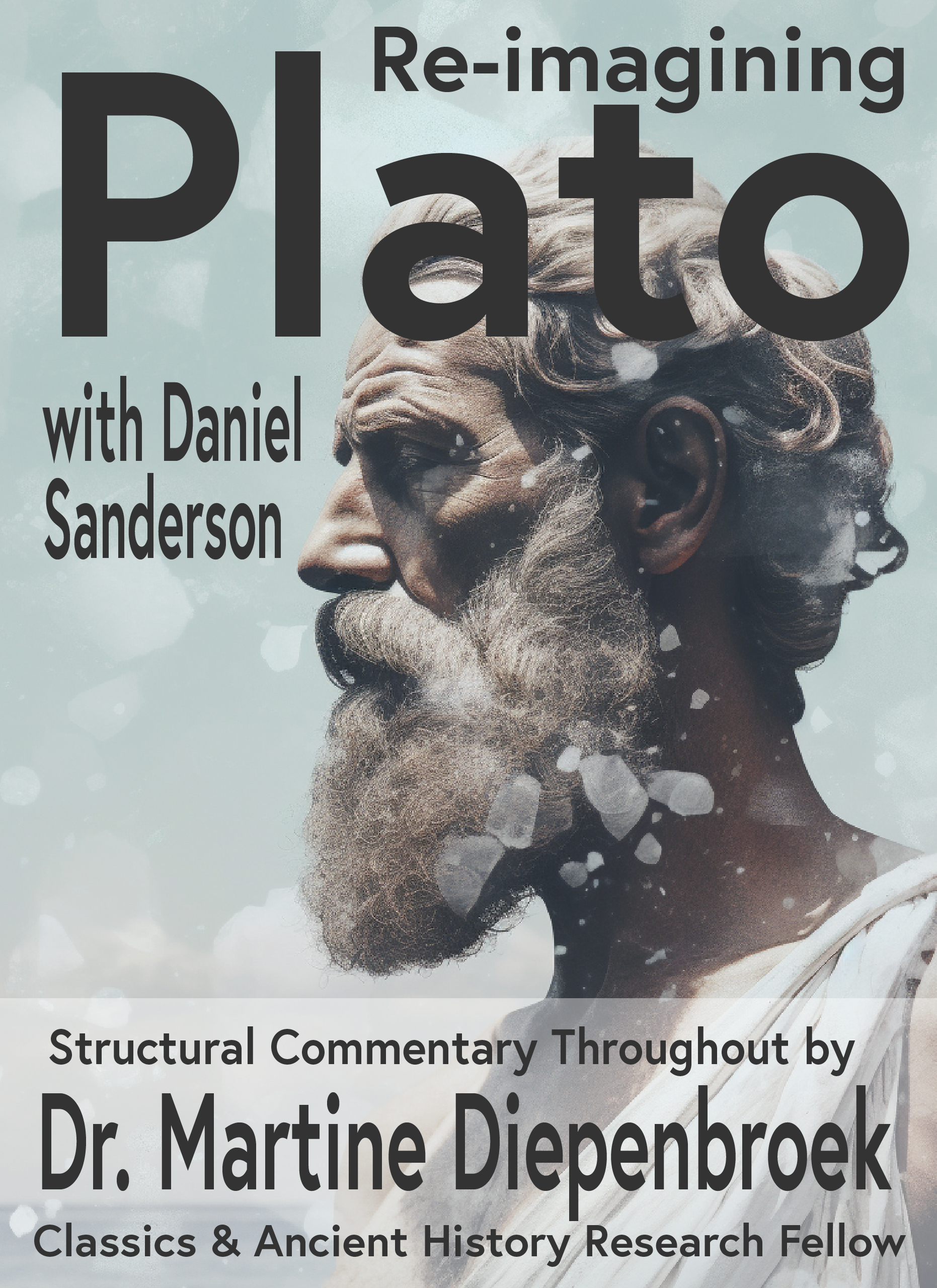The Philosophy of Love: Eros, Philia, and Agape in Literature and Life
Love, a mysterious force that pervades human existence, has been a subject of profound contemplation throughout history. In both literature and life, this multifaceted emotion reveals itself in different forms: Eros, Philia, and Agape. These distinct facets of love offer unique perspectives on human connection, illuminating the intricate tapestry of human experience. This essay explores the significance of Eros, Philia, and Agape in literature and life, delving into their nuanced portrayals and profound implications.

I. Eros: Passionate Desires and Intense Longings
Eros, often associated with passionate desire and sensual attraction, has long captivated the human imagination. In literature, Eros manifests as the flame that ignites hearts, fueling the tumultuous affairs of star-crossed lovers. Its depiction in works like Shakespeare's "Romeo and Juliet" and Emily Brontë's "Wuthering Heights" embodies the intoxicating power and devastating consequences of unrestrained desire. Eros teaches us about the allure of the physical realm, the ecstasy of intimate connections, and the tragic vulnerability accompanying such intense emotions.
Eros manifests as the initial spark that draws individuals together, igniting romance and infatuation. It exemplifies the magnetic pull that draws two souls into an intimate embrace. However, Eros alone cannot sustain enduring relationships. It acts as a catalyst, driving individuals towards more profound forms of love.
II. Philia: The Essence of Friendship and Companionship
Often regarded as the love between friends, Philia represents the enduring bonds forged through shared experiences, mutual respect, and genuine affection. In literature, Philia is exemplified in iconic works such as J.R.R. Tolkien's "The Lord of the Rings," where the fellowship of the ring demonstrates unwavering loyalty and camaraderie in the face of adversity. Philia transcends romantic inclinations, offering solace, understanding, and steadfast support.

In life, Philia constitutes the foundation of meaningful relationships outside romance. It celebrates the connections built on trust, shared interests, and emotional reciprocity. Philia reminds us of the importance of companionship, empathy, and the lasting impact of authentic friendship.
III. Agape: Selfless Love and Compassionate Understanding
Agape, often regarded as the highest form of love, encompasses selfless compassion, empathy, and unconditional care for others. In literature, Agape emerges as a guiding principle, portraying characters who sacrifice their desires for the well-being of others. Victor Hugo's "Les Misérables" exemplifies Agape through Jean Valjean's transformative journey of forgiveness and altruism. Agape teaches us that love transcends personal gain, embracing empathy and understanding for all.
Agape challenges us to embrace a broader perspective, extending compassion beyond our immediate circles. It motivates acts of kindness, philanthropy, and social justice, fostering a more harmonious and equitable society. Agape reminds us that love is a powerful force capable of healing wounds and bridging divides.

Conclusion:
As reflected in literature and life, the philosophy of love unveils a rich tapestry of human emotions and connections. Eros illuminates the intoxicating power of desire, Philia celebrates the strength of genuine friendship, and Agape showcases the transformative potential of selfless love. These three facets of love together form a harmonious symphony that resonates deeply within the human spirit.
Literature provides us with profound insights into the complexities of love, while life offers the canvas upon which we paint our own experiences. As we navigate the intricate realm of human relationships, understanding and embracing the varied dimensions of love enable us to forge deeper connections and foster greater compassion. The philosophy of love invites us to explore, appreciate, and embody Eros, Philia, and Agape as we strive to unravel the profound mysteries of the human heart.

Plato Re-Imagined
This course includes 32 lectures covering most of Plato's dialogues and allowing the student to return to something divine. Divinity should resonate with secular and religious leaders alike. I present a compatible approach in my lecture on Consilience.
Also included with this course is a free book. If you pay for the course, you will get a physical copy of the book for free, mailed to your chosen address — anywhere on the planet!






